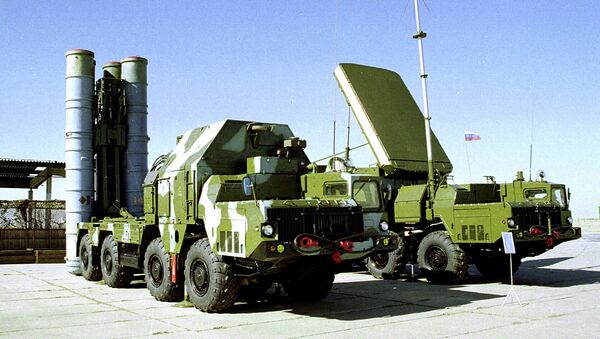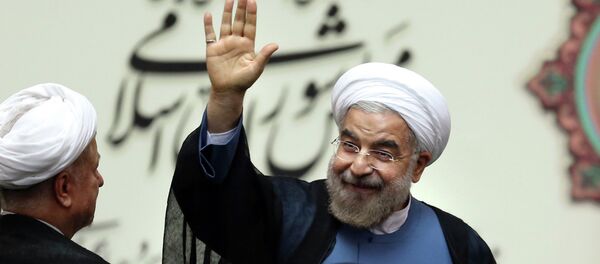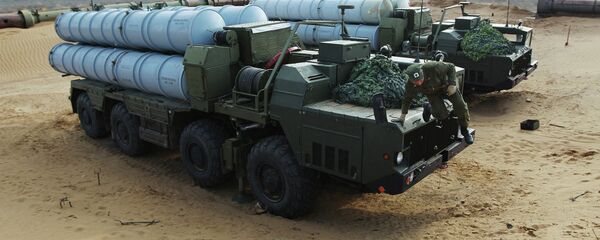"The United States has previously made known our objections to that sale [of S-300 missile defense systems]… [US State Department] Secretary Kerry had an opportunity to raise these concerns once again in a recent conversation with his Russian counterpart Mr. Lavrov,” Earnest stated.
"As it relates to the other oil for goods discussion….we are studying the details and if this sort of arrangement were to move forward it would raise serious concerns and even could potentially raise sanctions concerns,” Earnest added.
On Monday, the Kremlin press service reported that Russian President Vladimir Putin signed a decree to lift a ban on sales of S-300 air defense systems to Iran.
Earnest noted that the White House had been briefed on the reports of both potential deals between Russia and Iran, and said that Moscow likely understands Washington’s concerns over the” safety and security” of its allies in the region.
On April 2, following more than a year of negotiations, Iran and the P5+1 group of countries, which includes the United States, France, China Russia and the United Kingdom plus Germany, agreed on a framework for a deal to ensure the peaceful nature of the Iran’s nuclear program. The framework involves existing sanctions against Iran to be phased out over time. The final agreement between Iran and the P5+1 group is set to be achieved by June 30, 2015.



